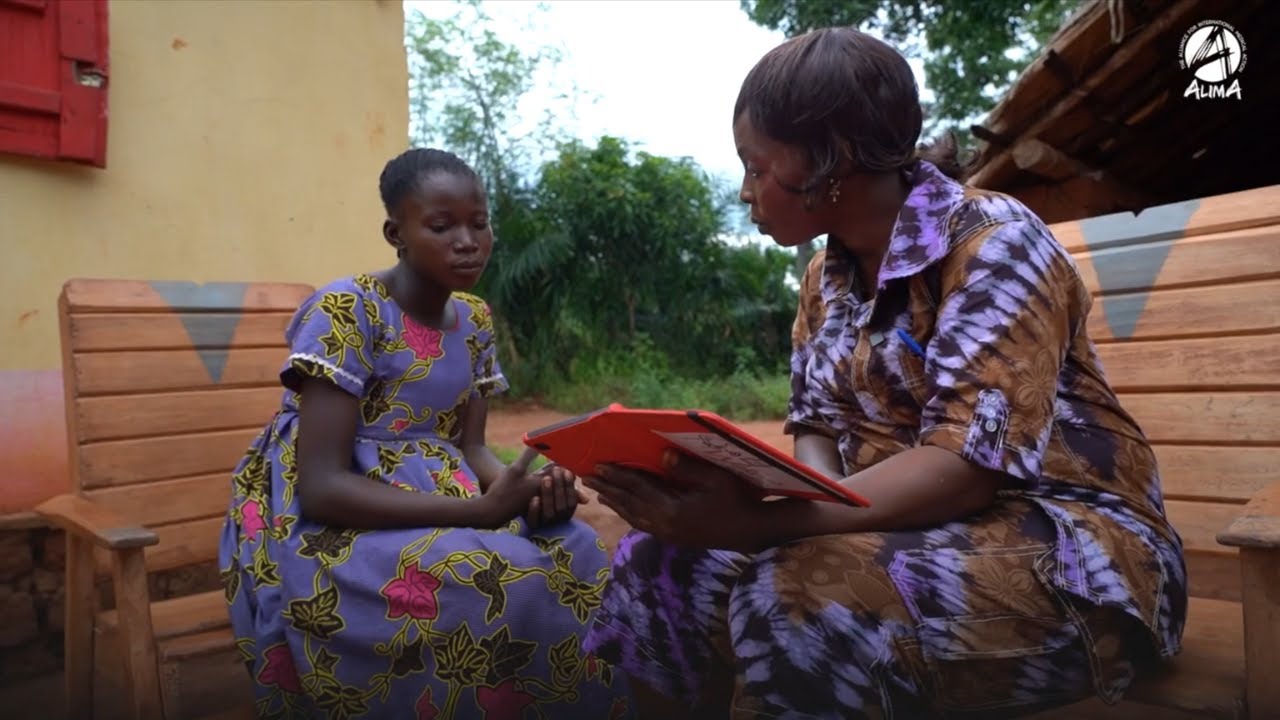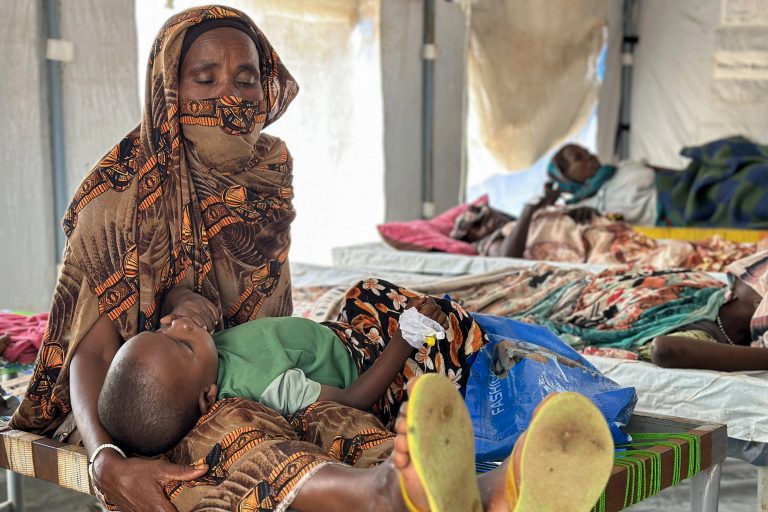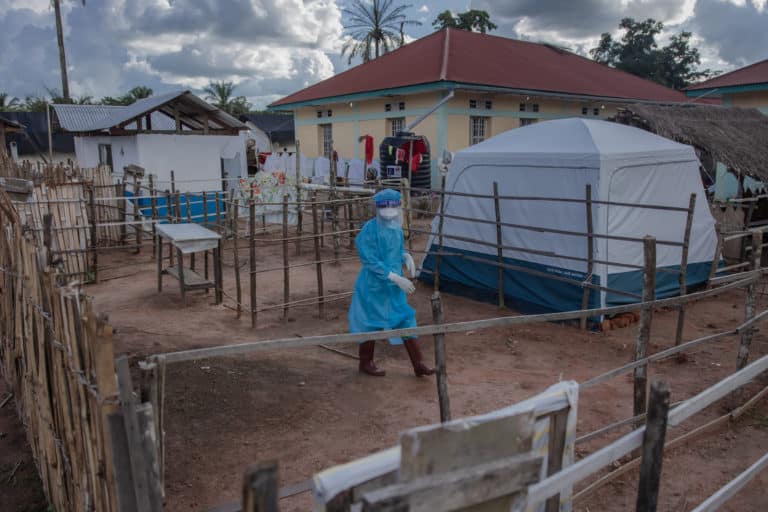Consult the full podcast of the “Priorité Santé” program on RFI
What does “Wakobo Ti Kodro” mean ?
Dr Jérémie Hien: “The name ‘Wakobo Ti Kodro’ comes from the national language, Sangho, and means ‘traditional midwife.’ Traditional birth attendants alone are responsible for 40% of home births. We saw them as key partners to transform the maternal health landscape in the Central African Republic, where maternal mortality rates are four times higher than the global average.
How many traditional birth attendants are part of your program and research ?
Dr Jérémie Hien: “So far, 38 traditional birth attendants have been recruited, trained, and equipped with tablets to help identify and monitor high-risk pregnancies at home. The mobile application has two interfaces: the matron interface uses pictograms to indicate risk factors because traditional birth attendants are most often elderly. The pictograms are paired with a voice message in the national language to help the matrons understand each risk factor. This tool allows them to register pregnant women, identify risk factors or complications, and refer them to health centres for follow-up care.”
What are the main pregnancy risks you identify?
Dr Jérémie Hien: “Women under 18 or over 35 are particularly at risk. Other characteristics such as women’s height, weight, or existing health conditions can also be relevant.”
What results have you observed so far?
Dr Jérémie Hien: “So far, we have seen a significant increase in antenatal visits, deliveries at health centres, and postnatal follow-ups in the centres where the study is being conducted.”
Cover picture : © Mamadou Lamine Diop / ALIMA






